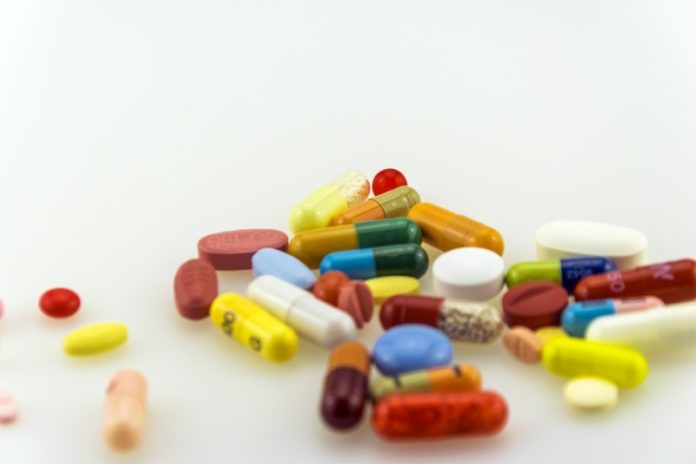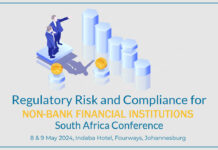- A licence to make a biosimilar drug has been granted.
- Pharmacy Direct has spent R100-million on a warehouse upgrade.
South Africa has one of the world’s biggest HIV/Aids programmes. The National Department of Health’s Centralised Chronic Medicines Dispensing and Distribution programme aims to reach six-million patients on treatment by 2021. It is currently serving 4.4-million patients.
In mid-2018 Pharmacy Direct, an Afrocentric business based in Centurion, spent R100-million on upgrading a warehouse for distributing medicines to state patients. This sector is likely to grow if the state goes ahead with plans for National Health Insurance. The NHI intends to create a single fund that will buy services on behalf of all South Africans.
The National Association of Pharmaceutical Manufacturers (NAPM) has re-branded as Generic and Biosimilar Medicines of Southern Africa.
A new field opened up in the pharmaceutical industry when the South African Health Products Regulatory Authority (SAHPRA) gave the go-ahead for the production of a biosimilar drug in July 2018, the first time this has been allowed in South Africa. Teva Pharmaceutical Industries became the first company to win a licence with their version of Amgen’s filgrastim, a white blood cell booster.
South Africa’s pharmaceutical sector is worth approximately R20-billion annually. Although there are more than 200 pharmaceutical firms in the country, large companies dominate the field, with Aspen Pharmacare (34%) and Adcock Ingram (25%) the two key players, followed by Sanofi, Pharmaplan and Cipla Medpro.
Among the other big international brands active in Gauteng are Merck, which has a 55 000 m² plant at Modderfontein, and Pfizer SA, which runs a laboratory in Sandton amongst its facilities in South Africa. Adcock Ingram is building a new steriles plant for ophthalmic products at its Clayville facility.
The private sector accounts for 80% of pharmaceutical industry sales by value and 20% by volume, while this ratio is reversed in the case of the public sector.
Additional resource links:
- Centre for Advanced Manufacturing: www.cfam.co.za
- Chemical and Allied Industries’ Association: www.caia.co.za
- Generic and Biosimilar Medicines of Southern Africa: www.gbmsa.org
- National Health Insurance: www.health.gov.za









